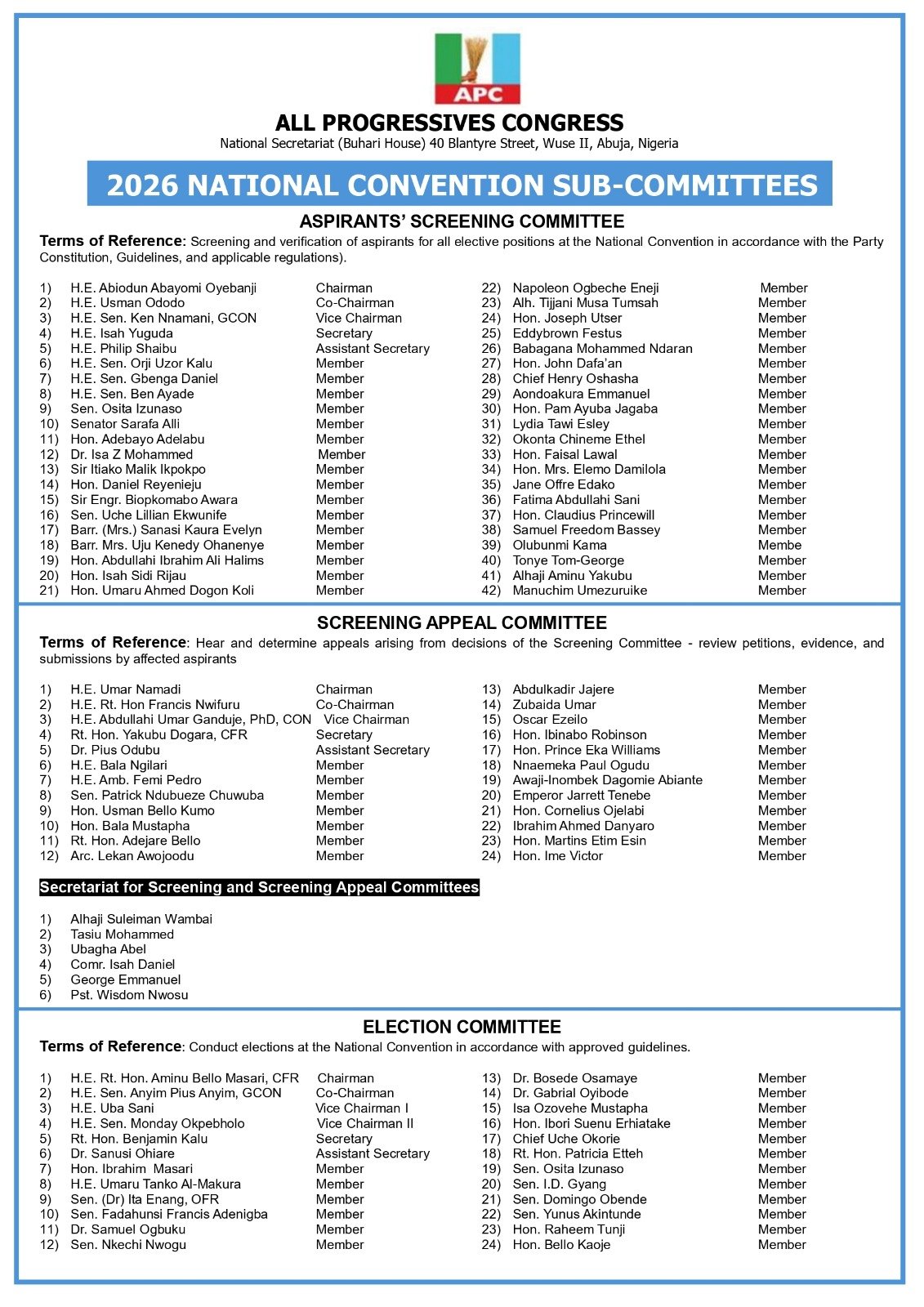
The Federal Government has intensified its engagement with the Academic Staff Union of Universities (ASUU) by releasing ₦2.311 billion to universities nationwide to settle outstanding salary and promotion arrears.
According to the Minister of Education, Dr. Maruf Olatunji Alausa, the funds—processed through the Office of the Accountant-General of the Federation (OAGF)—represent Batch 8 payments to university staff. He confirmed that affected institutions would soon begin receiving the payments.
Dr. Alausa emphasized that this move reflects President Bola Tinubu’s commitment to clearing inherited financial backlogs and improving staff morale in the higher education sector.
He further revealed that the government, working with the Ministry of Finance and OAGF, is finalizing the release of third-party deductions and pension remittances owed to NUPEMCO, which are expected to be completed soon.
In a major policy shift, the Federal Government has approved the integration of the Earned Academic Allowance (EAA) into regular university staff salaries starting 2026. This change aims to ensure consistent and timely payments, removing the delays and irregularities that plagued the previous system.
Additionally, funds have been allocated under the Needs Assessment of Nigerian Universities, with provisions to sustain the initiative in future budgets.
Dr. Alausa noted that these measures demonstrate the Tinubu administration’s determination to reform and stabilize the university system while addressing long-standing welfare concerns. Over the past 26 months, the government has cleared a large portion of outstanding obligations and maintained open dialogue with university unions.
He also highlighted the role of the Yayale Ahmed Negotiating Committee, which continues to facilitate constructive engagement between the government and university unions. The Minister reaffirmed that all negotiations are guided by good faith, mutual respect, and financial sustainability.
Dr. Alausa praised President Tinubu for his dedication to education reforms, expressing optimism that the ongoing financial interventions and reforms will bring lasting industrial peace, restore trust in the university system, and enhance national development.



